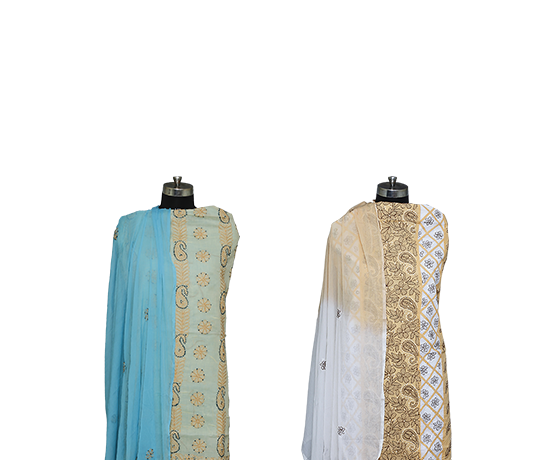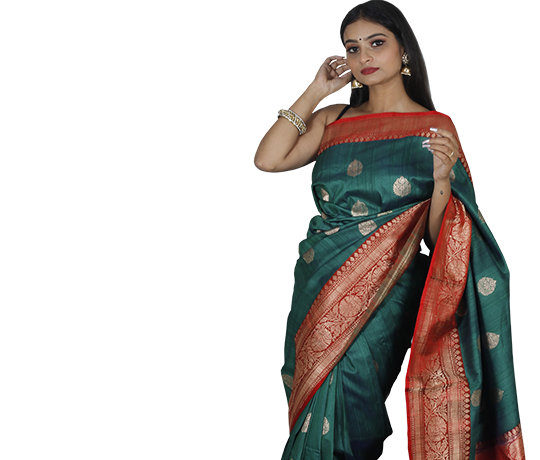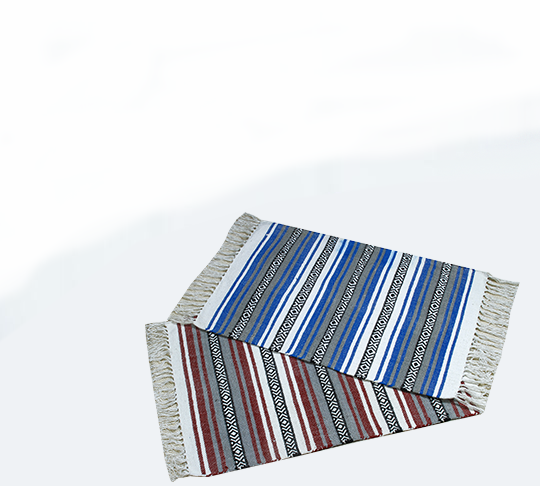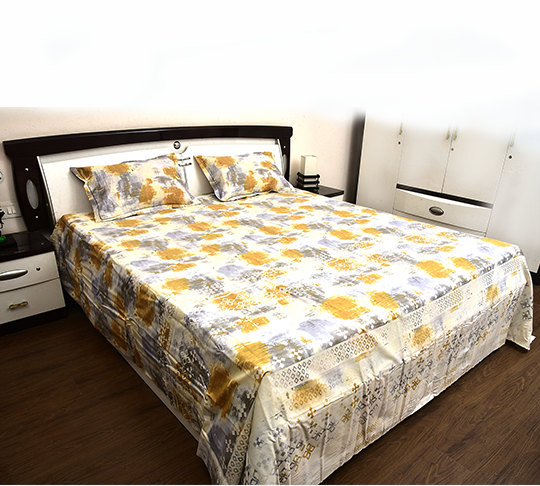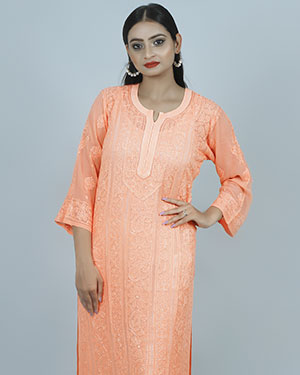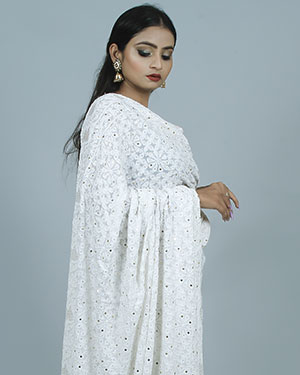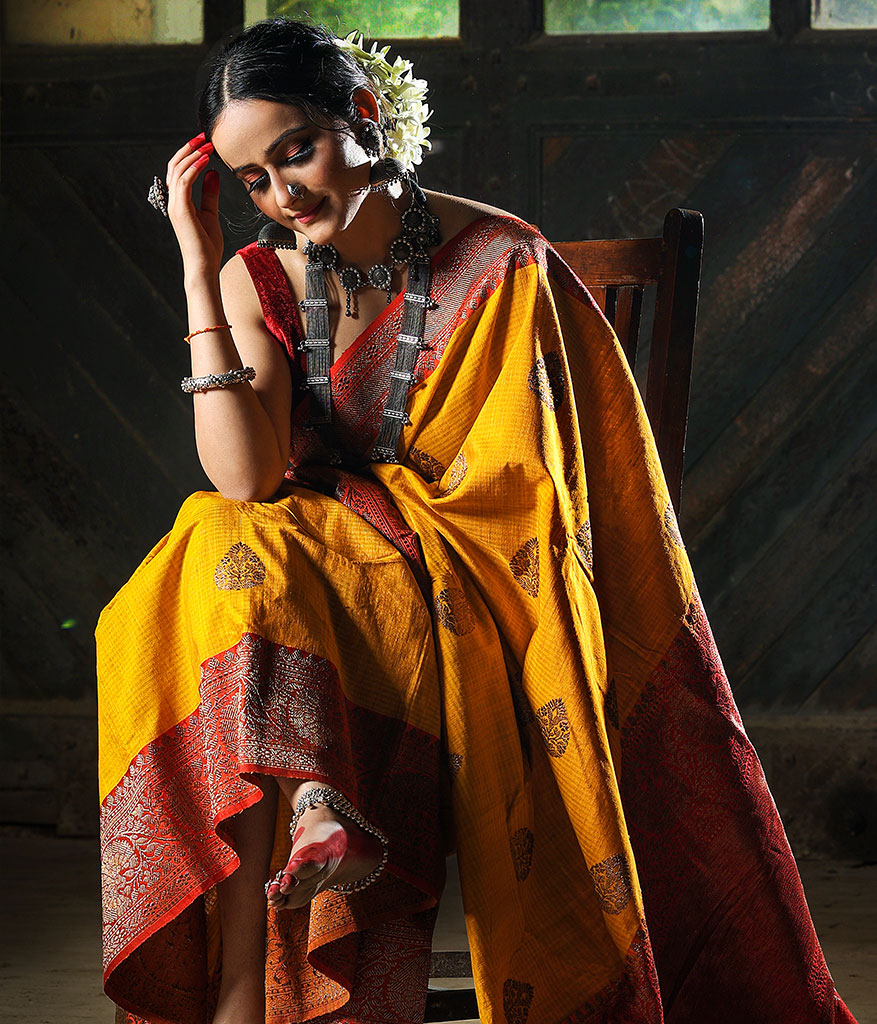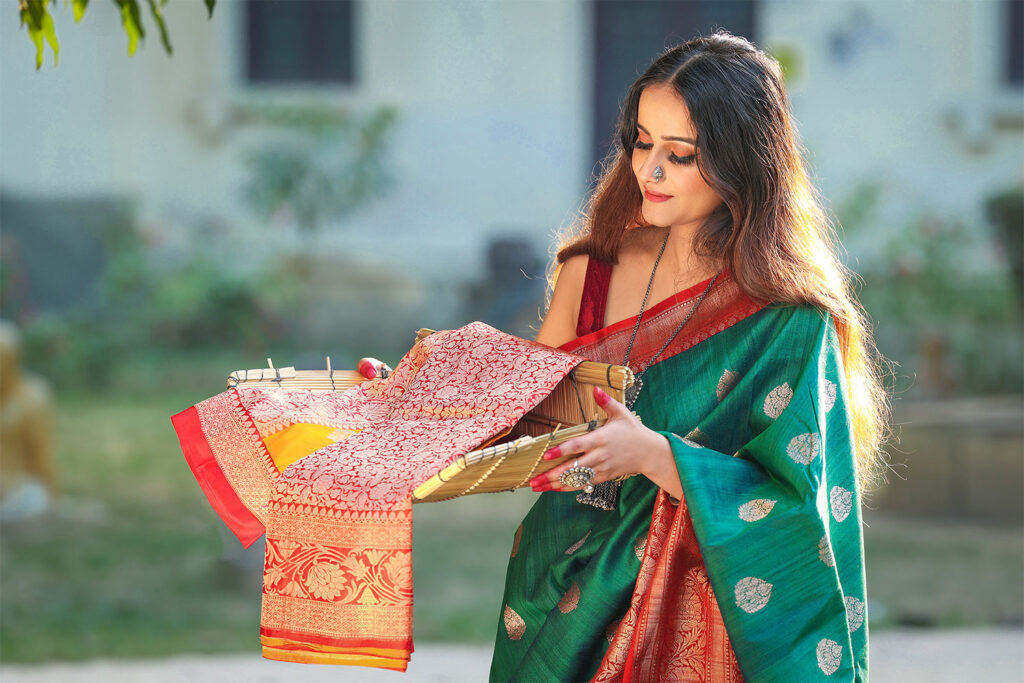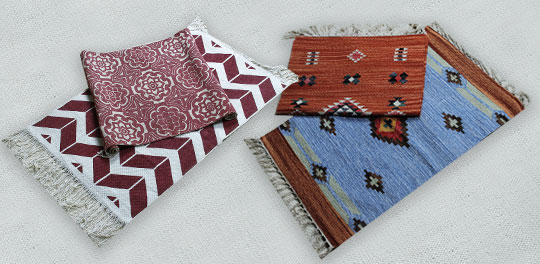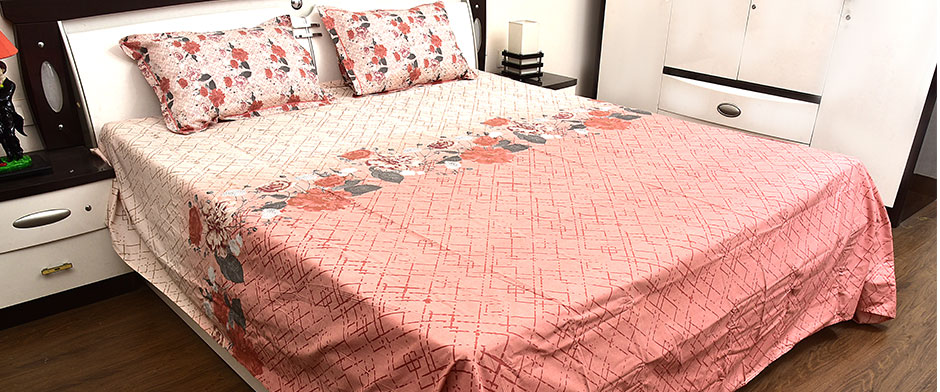Saris have been the epitome of elegant and graceful piece of Women clothing not only in India but across the globe. Sari and women have a magical love story in which each sari is capable to completely metamorphose the look of women and give her a distinct identity. A sari has a broad spectrum of comfort and fashion styling, it can be so simple basic yet comfortable to be worn on a daily basis by the backbone of Indian households- the Homemakers and it can also be as stunning, fashionably supreme and charismatic as to be worn by a celebrity or a model. The same sari can be worn on multiple occasions by styling them in a different way, because there are hundreds of ways to drape and style a sari. There are various types of sari, the most loved and demanded are the handloom and hand blocked saris. Handloom saris are entirely made in India and by our local artisans who use their generation old heritage and experience in weaving a beautiful six yard piece of sheer elegance and hard work for you. Hand blocked saris use painting techniques from hundreds of year back by artisans where even the design and technique of printing changes from family to family. Each family of artisans have some age old secrets about printings which are reserved and passed on to the coming generation as a family secret.
Why Handloom and Hand blocked:– Handloom and hand blocked saris has been the essence of India. India was amongst the first few nations to introduce its own fabric and the technique of beautifying simple pieces of cloth into heirloom worth garments. Handloom is a loom that is used to weave cloth without the use of any electricity. Handlooms were the traditional Indian way of living since ancient times. Handloom production is decentralized in nature and it is mostly carried out in villages. Handloom saris are through and through handmade by a group of artisans. Most handloom saris are produced at private home where each member of the artisan family is involved in some or the other aspect of making a handloom sari. Handloom saris are a bit on the costlier side and needs maintenance from time to time, so the most important question is why you should prefer Handloom, the answer to this is:
- Handloom saris are completely handmade by artisans who inscribe the fabric with their inherited knowledge of weaving. Powerloom saris on the other hand are machine-made.
- Each handloom sari is different from the other and unique in its own sense, unlike the Powerloom saris which are produced in bulks and are in general the copy of these handloom saris.
- Handloom saris generally use all-natural fabric such as cotton, silk, jute, khadi, linen, just to name a few. Hand blocked saris use any fabric of your choice and demand.
- Using all-natural fabric makes each handloom sari an eco-friendly option. Hand blocked saris also use organic dyes and eco-friendly technique to bring out the best of the creation.
- Handloom saris have a soft and benign texture due to its low weaving rate. Different textures are created in handloom by using different thickness and qualities of yarn in the same length and width of fabric.
- Every handloom and hand blocked sari is very versatile; it can be styled up and down to make it suitable to be worn for every occasion.
- Handloom and hand blocked saris are a win-win use because of its breathability and high on comfort aspect well suited for the temperate climate found in most part of our country.
- Handloom saris are made by using multiple threads termed as ‘Tana Bana’ which gives them depth and layers in its weaving.
- As the work is entirely handmade, the artisans add a dash of their soul into each design that they weave with cultural richness and enamour.
- Handloom and hand-blocked saris support ‘VOCAL FOR LOCAL’ which helps in boosting Indian Economy.
- Handloom and hand blocked saris are often produced by families of artisans whose household depends on the sale of these saris.
- It is a time consuming process because it is handmade by artisans there is always scope for customization on special request.
- Sustainable fabric and eco-friendly.
- Handloom saris are gentle on your skin.
Types of handloom and hand blocked saris: There are many regions in India that produce a certain type of handloom sari and the sari gets its name mostly from the area of its origin and creation. There are more than 30 types of handloom saris present in India. From coarse and average to fine and superfine thread counts, handloom saris are available at distinct locations in most states of India. Some popular handloom saris are:
- Kanjeevaram/Kanchipuram saris; It is made in Kanchipuram region of Tamil Nadu. The use of gold and silver zari on Kanchipuram silk is what makes these saris look stunning and suited for any Big day of yours.
- Banarasi sari: Banarasi saris are sheer pieces of brilliance and elegance with world-wide fame and pride. Banarasi silk saris are made in Mubarakpur and khairabad towns. The use of gold and silver zari on refined silk makes it a statement piece. You can grace any occasion from a wedding to a simple housewarming in this elegant and royal sari.
- Baluchuri saris: These saris have their origin in Murshidabad, Bengal. Baluchuri saris have the uniqueness in terms of their mythological design. Scenes of Mahabhrata and Ramayan can be seen weaved on the sari.
- Sambalpuri silk saris: Produced in different area of Odisha. Sambalpuri silk is a traditional handwoven ikat which incorporates different motifs in its design.
- Tussar Silk Saris: Tussar silk are a little on the higher end of texture. It has shorter fibres. It has a gold sheen and glorifies its wearer with grace and dignity.
- Maheshwari silk saris: These saris originated in Maheshwari town of MadhyaPradesh and hence named after it. It is a cotton and pure silk fabric woven with brocade. These beautiful saris are apt for any formal function or as work wear.
- Ajrak sari: This is the perfect synergy between handloom textile and vegetable dyes. Ajrakh saris are block-blocked saris that are Sresist dyed using natural dyes such as indigo and madder. The 14-16 stages of dying takes almost 15-20 days to complete one Ajrakh sari.
- Chuna Patri saris: This is an ancient alchemy of making majestic charm out of mere fabric and natural dyes. These saris are made by dipping the fabric in patri (copper sulphate solution) and hand block blocked with chuna (lime solution) to make unique design on each sari.
- Bagru print saris: Bagru print is an ancient traditional eco-friendly hand block print technique using natural colours originated in Bagru and hence the name Bagru prints. Bagru print uses different types of motifs such as Aath, Kaaliya, Chopad and Kamal. These saris are very comfortable to wear and it ups the gracefulness of the wearer.
- Chikankari sari: Chikankari in itself is a craft that doesn’t need any introduction. Chikankari work is primarily done in Lucknow. The Chikankari saris use the 32 stitches of chikan to embroider spell-bounding delicacy on fabrics such as chiffon, cotton, gorgette, etc.
- Jaipuri Tie and Dye saris: As the name suggests these saris are made in Jaipur by local artisans who have mastered the art of tie and dye over years. Lehariya, Bandhani, Mothra are few of the most popular tie and dye saris. These saris with playful colours are vibrant enough to fill positivity in any place.
We at Twist and Turn believe that it is the imperfections of the handloom saris that make it different and unique. The holes at the end of sari narrate the story of authenticity of the sari that once it was pinned on the loom a hardworking and talented artisan family who have given in tedious hours of their life and inherited talent to bring to live this six yard long conspectus of elegance and class.
Handloom and Hand blocked saris are soothing, breathable, comfortable and distinct just like all the artisans that weave this masterpiece. We at Twist and Turn want to bring back the original richness of handloom saris to our customers, so we choose the best weavers with state and national level recognition for their craftsmanship and portrayal of art, to ensure that we deliver nothing but the best. Come and join this ‘SwadeshiSwag’ movement initiated by us for the upliftment of these hardworking, conceited and immensely talented artisans to showcase their ancestral wisdom weaved in fabric just for you to bring out the inner Goddess within you.
All our products are eco-friendly, organic and handmade to cinch the high quality sustainable and cruelty free manufacturing and delivery. These cultural heritages are delivered to you in Jute bags to ensure that everything from manufacturing to delivery is eco-friendly and sustainable along with earning daily livelihood for our local artisans.
Twist and Turn understand that a girl’s first love story is with her mother’s beautiful saris, so we make sure to keep intact those evergreen designs with the fond memories from your childhood in our saris. We source the handloom saris from the originating place so that to offer support and economical help directly to the artisans who work with limited resources but unlimited talent and determination in keeping alive the this culturally rich heritage and a modicum of their life into their inherited weaving talent and brilliance.
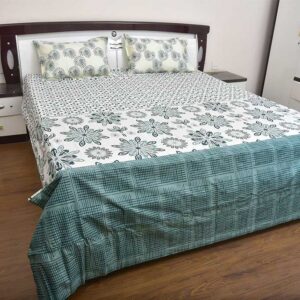 Bohemian Rush
1 × Rs.1,000.00
Bohemian Rush
1 × Rs.1,000.00 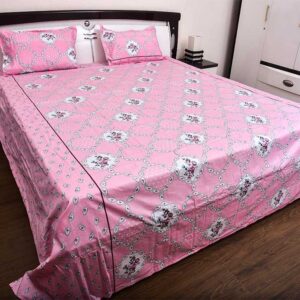 Cherishing Effloresce
1 × Rs.1,000.00
Cherishing Effloresce
1 × Rs.1,000.00 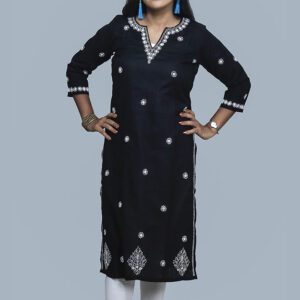 Chikan 5
1 × Rs.1,999.00
Chikan 5
1 × Rs.1,999.00 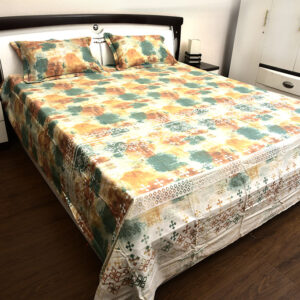 Drafting Dreams
1 × Rs.1,000.00
Drafting Dreams
1 × Rs.1,000.00  Smartphone 6S 32GB LTE
1 × Rs.1,215.00
Smartphone 6S 32GB LTE
1 × Rs.1,215.00  Drafting Fantasy
1 × Rs.1,000.00
Drafting Fantasy
1 × Rs.1,000.00  Mesmerizing Mingle
1 × Rs.1,000.00
Mesmerizing Mingle
1 × Rs.1,000.00  Tablet White EliteBook Revolve 810 G2
2 × Rs.1,300.00
Tablet White EliteBook Revolve 810 G2
2 × Rs.1,300.00 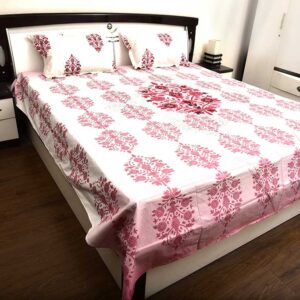 Patterned Relish
1 × Rs.1,000.00
Patterned Relish
1 × Rs.1,000.00 
